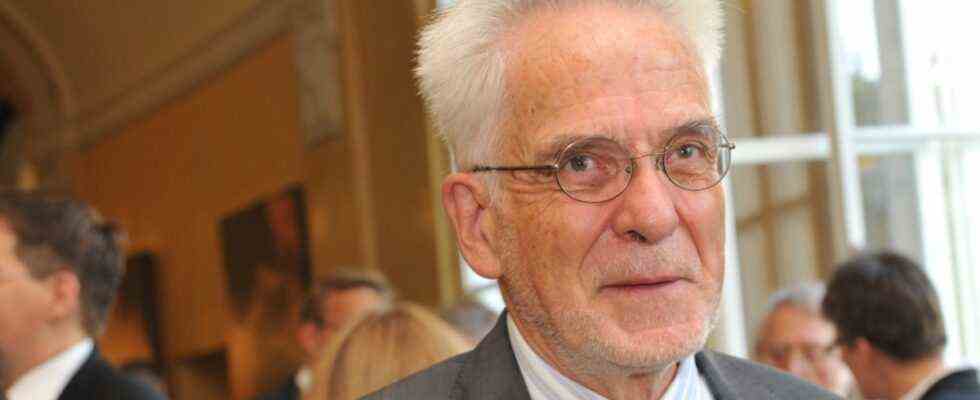When Wolfgang Beck handed over the leadership of the humanities and literary part of the Beck empire to his son Jonathan a good six years ago, the word “old publisher” made the rounds. I still clearly remember my silent discomfort when the term surfaced in conversations with his employees, but also with himself.
On the one hand, because the prefix was obviously in tension with the appearance of the self-determined role change; on the other hand, because I was familiar with the term from research contexts to which, a long time ago, I owed my first own publication at Beck. (Well, it was only an essay, but at least in a volume of the famous “Black Series”.)
What bothered me about the “old publisher” were the connotations that probably nobody except me felt, but which did not really fit Wolfgang Beck: For historians, the term is inextricably linked to the inglorious history of the mostly smaller private newspaper publishers and their companies 1945 had been confiscated in favor of the new democratic “license press” – and after the end of the occupation they pushed back into business with quite a noise, but with little success.
Beck has built one of the world’s most beautiful humanities publishers
So for everyone who knows Wolfgang Beck even a little and who has followed the development of the publishing house with what is probably the most beautiful inner-city private park in the world in the last, say, forty years, it is already clear: The word “old publisher” was a Mistake. Because if the person named in this way – and Mahrokh, his art-loving wife – do not like one thing, then there is noise. And to claim that Wolfgang Beck was “successful” would be such an immoderate understatement that it might even seem absurd to Wolfgang Beck.
The slim man of the almost shy understatement has turned a small humanities annex of an always large legal publisher into one of the world’s most beautiful and noble houses for what you might find here for the sake of brevity Humanities may call. Around halfway through his reign, the German studies graduate added to his unique universe of sciences and the fine arts, which has always included a small literary program, with authors from classical American modernism who were previously unknown in Germany.
The publisher’s backlist remains the Wolfgang Beck list
Above all, however, he – together with his congenial editor-in-chief Ernst-Peter Wieckenberg, his long-time successor Detlef Felken and the legendary “presswoman” Eva von Freeden – has made merits in history that cannot be overestimated. Initially primarily through the “import” of great historical and literary talents such as the Scottish American Gordon A. Craig, he meant to my guild what it should be about in the future: great representations, significant biographies and learned syntheses.
Historians such as Thomas Nipperdey, Hans-Ulrich Wehler and Heinrich-August Winkler, but also Fritz Stern and Saul Friedländer, have provided this intellectual fodder for Beck’s educated bourgeoisie, which despite some rejections has not disappeared to this day, for decades. Other great successes in non-fiction books have been added since the family change at the top of the publishing house, but the backlist of the house remains the Wolfgang Beck list.
The fact that the still young old publisher is a little happy, of course, in all modesty, is simply assumed today, on his 80th birthday.

